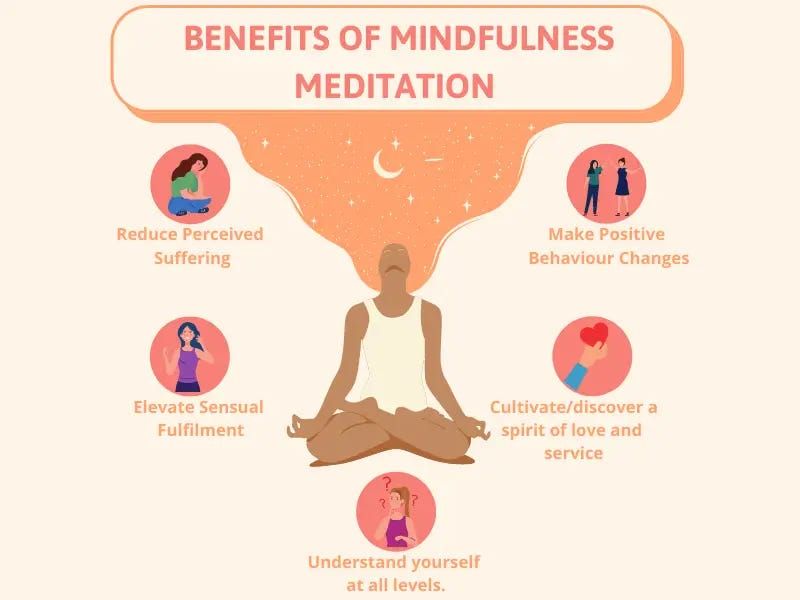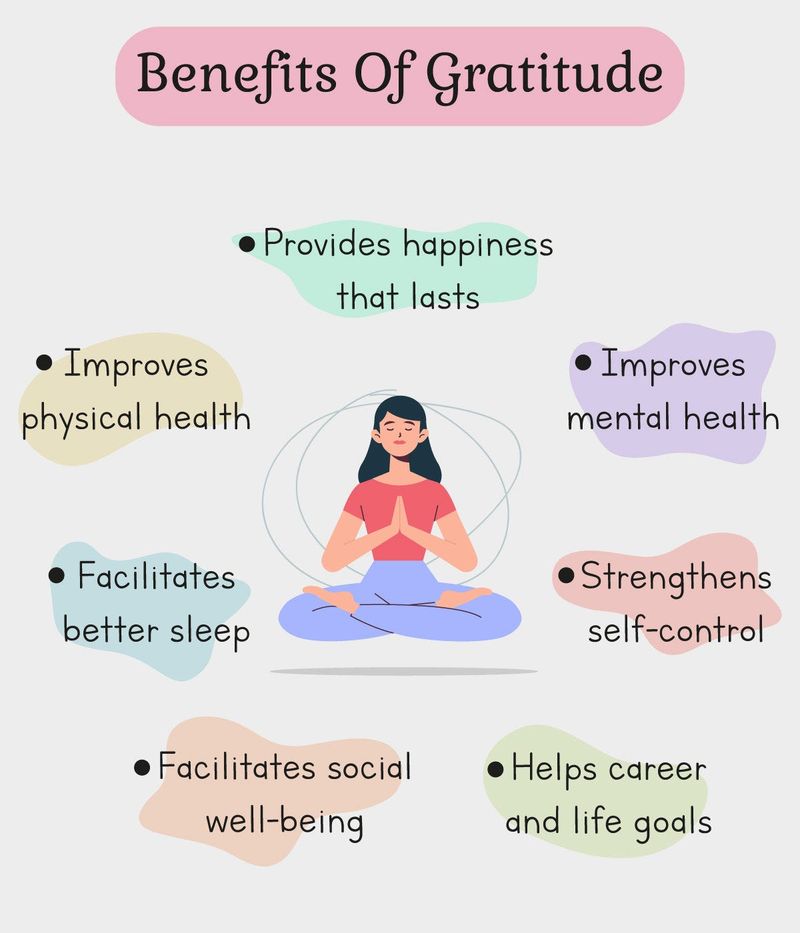Explore the intriguing world of habits that keep certain individuals remarkably resilient to illness without relying on diet or exercise. These are not your usual health tips but rather a set of practices that foster well-being through lifestyle choices that anyone can embrace. From quality sleep to fostering social connections, these habits offer insights into achieving a healthier life. Let’s delve into these unique and creative habits that contribute to a robust immune system and overall vitality. With each habit, discover a fresh perspective on maintaining your health in an unconventional yet effective way.
1. Consistent Sleep Schedule

Ever wonder how some people manage to stay healthy all year round? The secret might lie in their sleep habits. A consistent sleep schedule is vital.
By going to bed and waking up at the same time each day, our bodies align with natural circadian rhythms. This consistency enhances the quality of sleep, boosting the immune system.
Studies show that adequate sleep reduces the risk of common colds and flu.
So, next time you’re tempted to stay up late, remember the benefits of a regular sleep routine.
2. Regular Social Interaction

Human connections play a pivotal role in maintaining health. People who often engage in social activities tend to have stronger immune systems.
Whether it’s a weekly family dinner or a casual coffee date with friends, these interactions release stress and increase happiness. They provide emotional support, which is crucial for mental well-being.
Socializing can be as effective as medicine in warding off sickness. Embrace opportunities to connect. These moments of joy and laughter can be your best defense against illness.
3. Mindfulness and Meditation

Mindfulness and meditation are powerful tools for those who rarely fall ill.
By practicing mindfulness, people cultivate a sense of calm and clarity. Meditation reduces stress hormones and enhances immune function. Just a few minutes a day can make a significant difference in overall health.
It’s a practice that doesn’t require much time but offers abundant benefits. Embrace mindfulness to build resilience against stress and sickness.
4. Regular Hand Washing

A seemingly simple habit, regular hand washing is incredibly effective in preventing illness. It’s a straightforward yet powerful practice that keeps germs at bay.
People who wash their hands before meals, after using the restroom, and as needed generally have fewer colds and infections. This habit minimizes the spread of germs, protecting oneself and others.
Make hand washing a routine part of your day. It’s an easy way to maintain health and prevent the spread of sickness.
5. Positive Outlook on Life

A positive mindset is a key player in staying healthy. Optimists tend to have stronger immune systems and lower stress levels.
A cheerful outlook fosters resilience, helping people bounce back from setbacks. Positivity enhances mental health and encourages healthy choices, creating a cycle of well-being.
Surrounding oneself with positivity not only feels good but also contributes to physical health. Cultivate optimism to keep illness away and embrace a vibrant life.
6. Hydration Awareness

Staying hydrated is more than just drinking water. It’s about being mindful of one’s hydration needs throughout the day.
Proper hydration supports bodily functions, including the immune system, digestion, and energy levels. Dehydration, even if mild, can lead to fatigue and weaken the body’s defense mechanisms.
By staying aware of hydration, individuals maintain vitality and ward off sickness. Keep a water bottle handy and listen to your body’s needs for optimal health.
7. Balanced Work-Life Harmony

Maintaining a balanced work-life harmony is crucial for health. People who prioritize this balance report lower stress and fewer illnesses.
By setting boundaries and taking breaks, they avoid burnout, boosting both mental and physical health. This balance allows for relaxation and enjoyment, essential components for a resilient immune system.
Achieving this harmony may take effort, but the rewards in well-being are invaluable.
8. Routine Check-ups

Regular health check-ups are a proactive way to prevent illness. They allow for early detection of potential health issues.
People who schedule routine visits to their healthcare provider often catch abnormalities before they become serious. These check-ups provide peace of mind and valuable insights into personal health.
Commit to seeing your doctor regularly as a form of self-care, ensuring you stay informed and healthy.
9. Gratitude Practice

Practicing gratitude might be the secret weapon against sickness. Keeping a gratitude journal or simply reflecting on positive experiences boosts mood and immune function.
Gratitude fosters a sense of happiness and reduces stress, which strengthens the body’s defenses against illness. This simple yet profound practice nurtures both mental and physical health.
Integrate gratitude into your daily routine to enhance well-being and resilience.
10. Organized Living Space

An organized living space contributes to health in surprising ways. Clutter can lead to stress and anxiety, weakening the immune system.
By maintaining a clean and orderly home, individuals create a peaceful environment where they can relax and rejuvenate. This reduces stress and promotes overall well-being.
Organize your space to clear your mind and enhance your health.
11. Exposure to Nature

Spending time in nature is a habit that promotes health. Being outdoors boosts mood and reduces stress levels.
Sunlight and fresh air support vitamin D production and immune function. People who regularly connect with nature report feeling happier and more balanced.
Embrace nature’s healing power by taking walks, gardening, or simply relaxing outdoors to enhance health and vitality.

Well, hello there!
My name is Jennifer. Besides being an orthodontist, I am a mother to 3 playful boys. In this motherhood journey, I can say I will never know everything. That’s why I always strive to read a lot, and that’s why I started writing about all the smithereens I came across so that you can have everything in one place! Enjoy and stay positive; you’ve got this!

